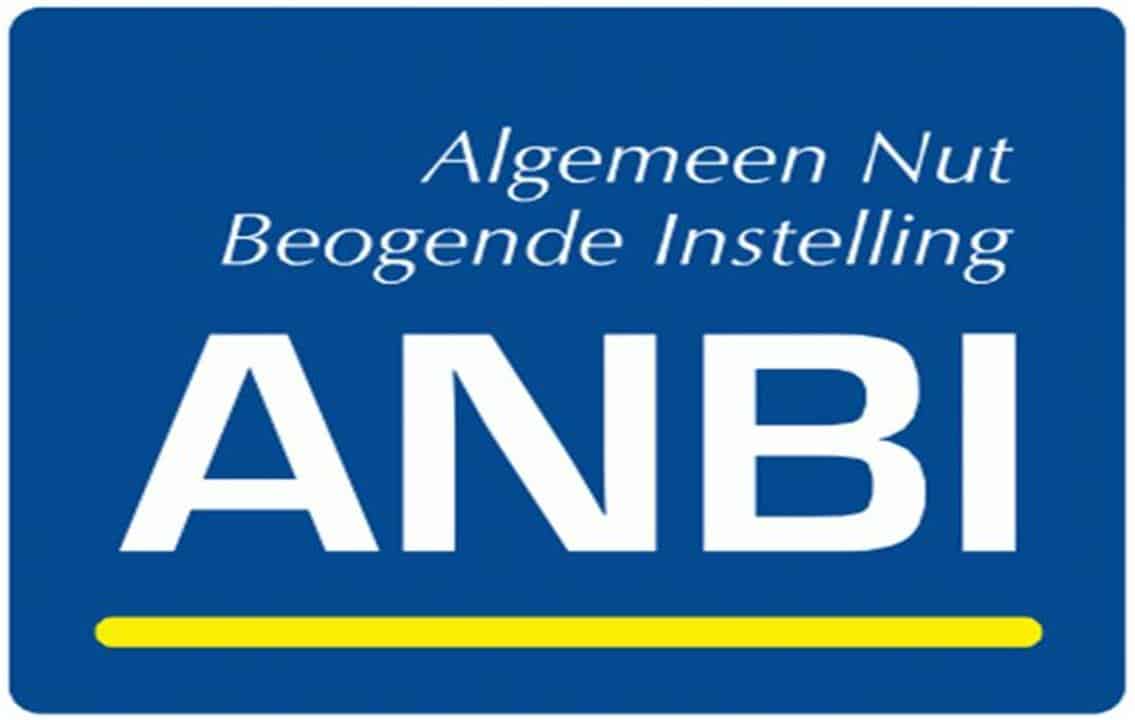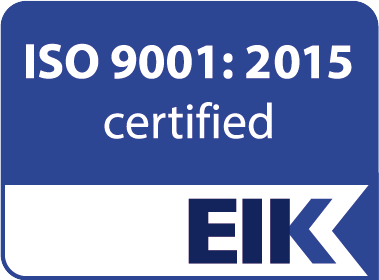The Peace Project is an eight-year initiative (2024–2031) focused on conflict transformation and peacebuilding across the Democratic Republic of Congo, Burundi, Uganda, and South Sudan. Led by Mensen met een Missie and implemented in collaboration with 23 international and local partners, the program addresses the root causes of conflict by addressing harmful convictions, strengthening community relationships, and creating conditions for lasting peace.
The project recognises the vital role of religion and the active participation of women and youth in peacebuilding. Grounded in a locally led and adaptive approach, it ensures that interventions are shaped by those closest to the communities and most affected by violence and division.
Frequently asked questions
-
The Peace Project is led by Mensen met een Missie and implemented in collaboration with 23 local and international partners across four countries: six in the Democratic Republic of Congo, five in Burundi, four in South Sudan, and eight in Uganda. Mensen met een Missie has also contracted a local coordinator in each country to support implementation. The project includes collaboration with international partners such as Cord in Burundi and The Hunger Project in Uganda.
-
The programme is built around three pillars:
Convictions – Addressing the underlying beliefs that contribute to conflict and polarisation, by promoting alternative narratives that foster social cohesion.
Connections – Strengthening ties and mutual understanding between religious and ethnic communities, different generations, and other social groups.
Conditions – Improving the conditions for peace, including strengthening legal frameworks, establishing local peace structures, and offering psychosocial support. -
HSC is responsible for strengthening the capacities of partners and stakeholders in key areas such as human security, conflict analysis and sensitivity, and international advocacy. These efforts aim to ensure that community needs and perspectives are reflected in both local and international peacebuilding strategies and that international policies are effectively understood and translated at the national and local levels.
-
The Peace Project is grounded in a locally led, adaptive approach. Local organisations, youth, women, and religious leaders, viewed as peace catalysts, are at the centre of both planning and implementation. The programme is designed to continuously adapt to evolving contexts and emerging insights, ensuring that strategies remain relevant, responsive, and rooted in the realities of the communities it serves.




